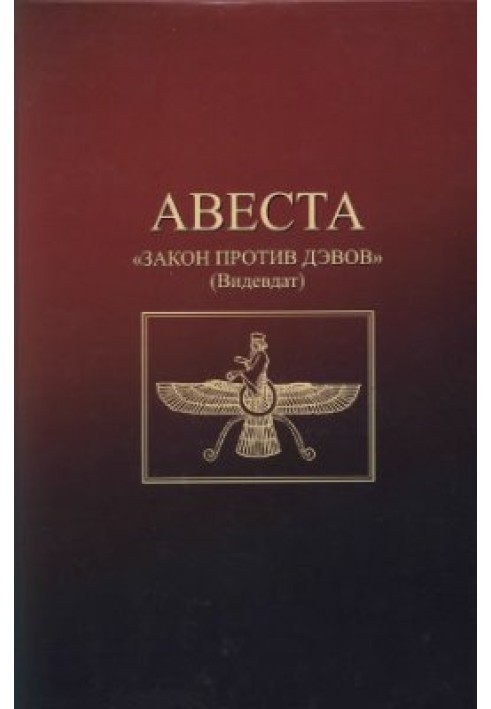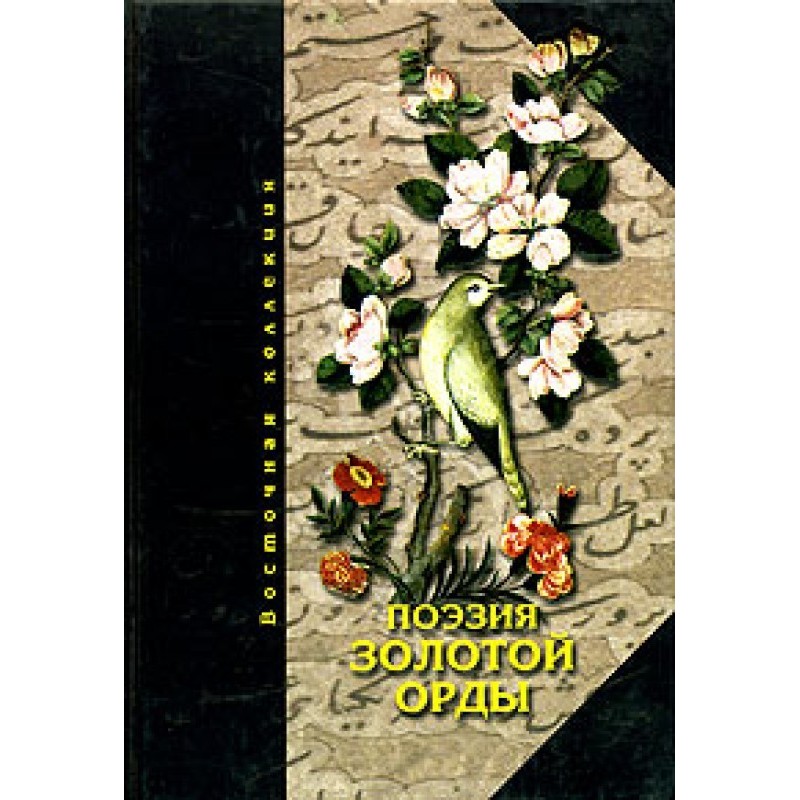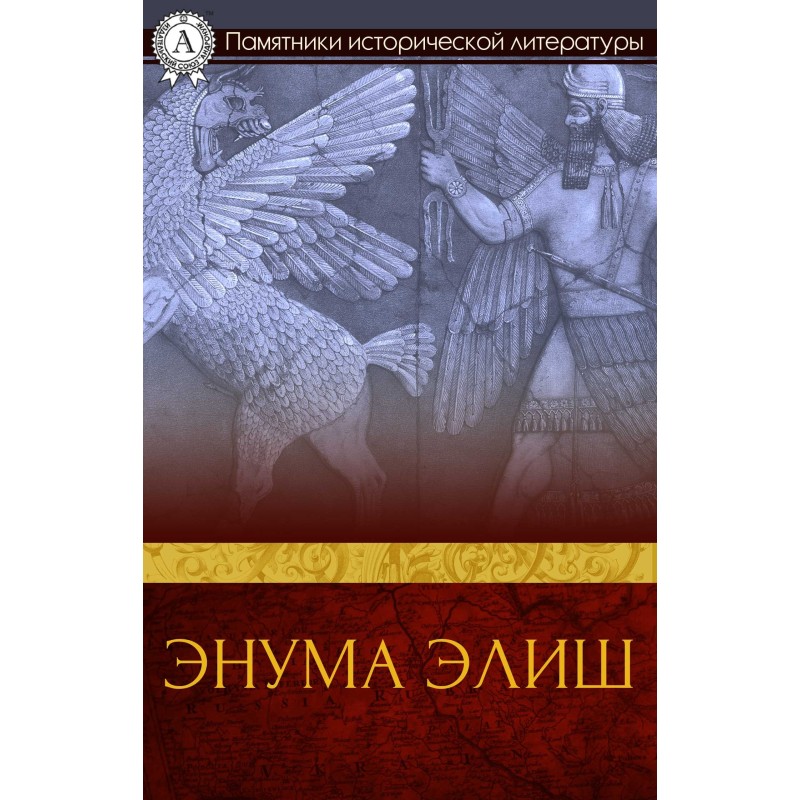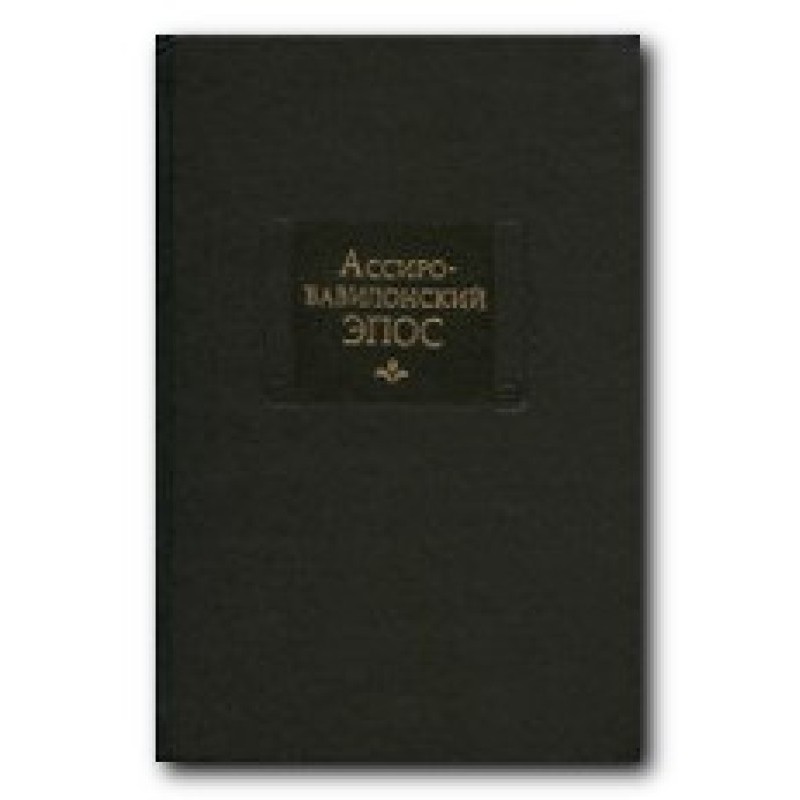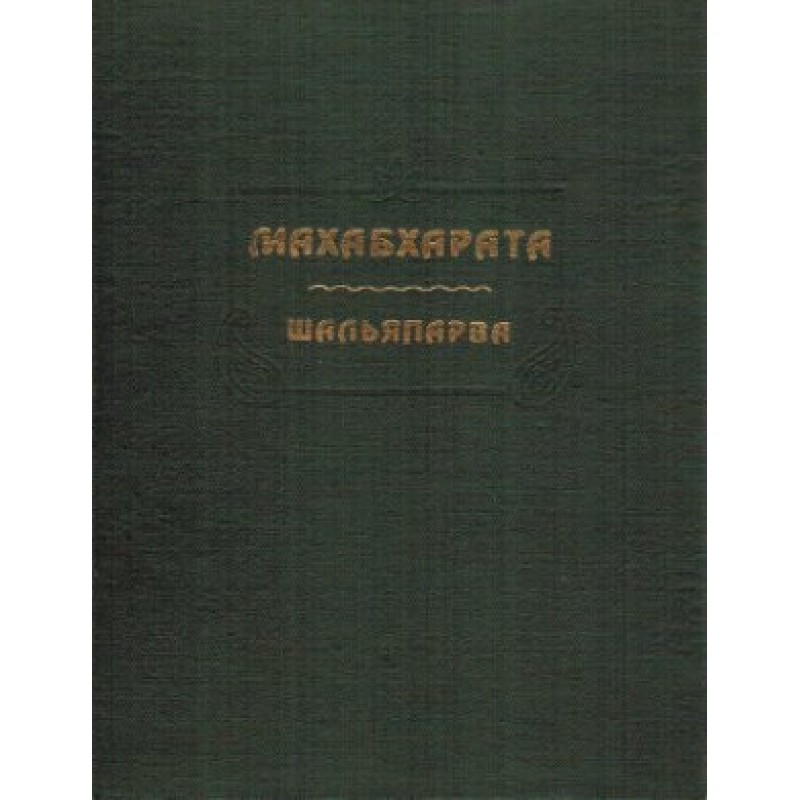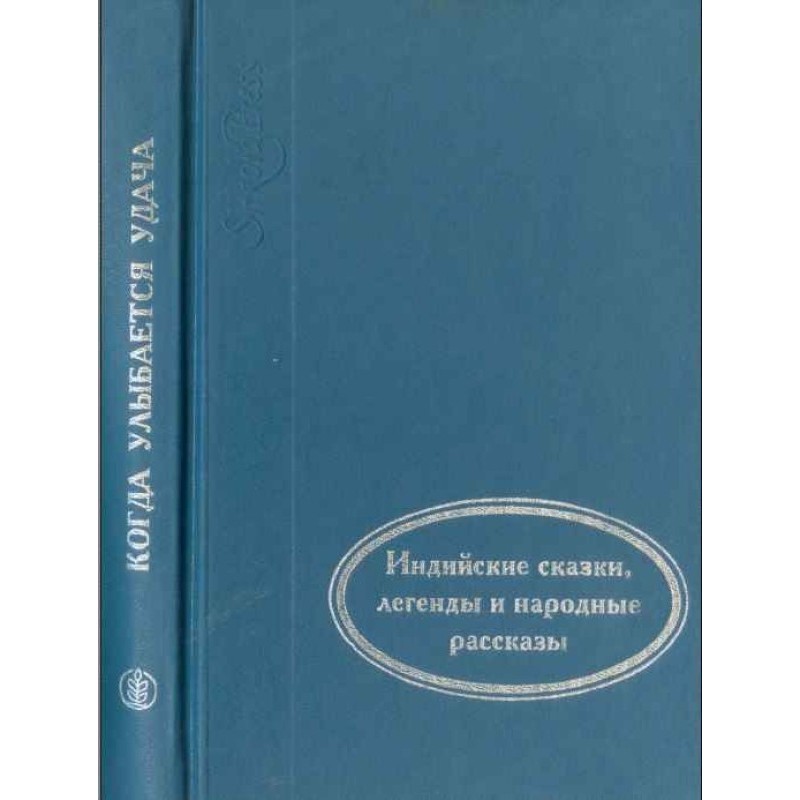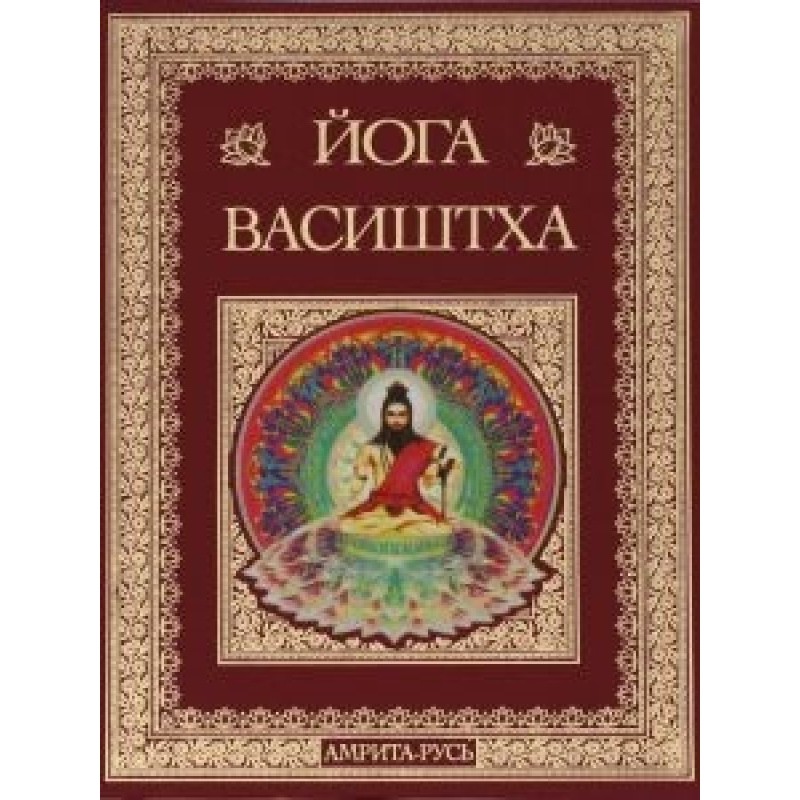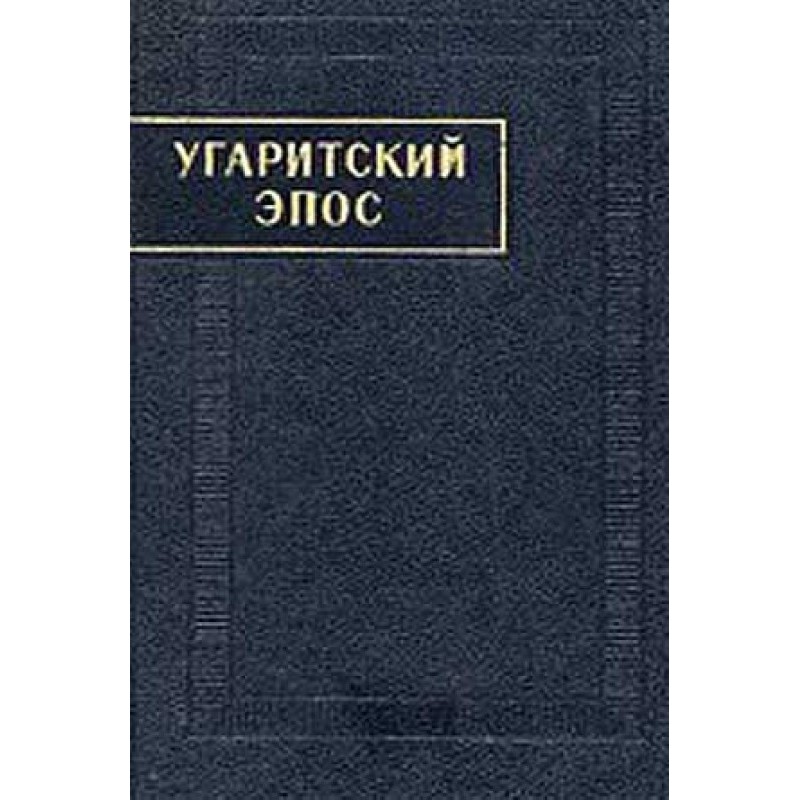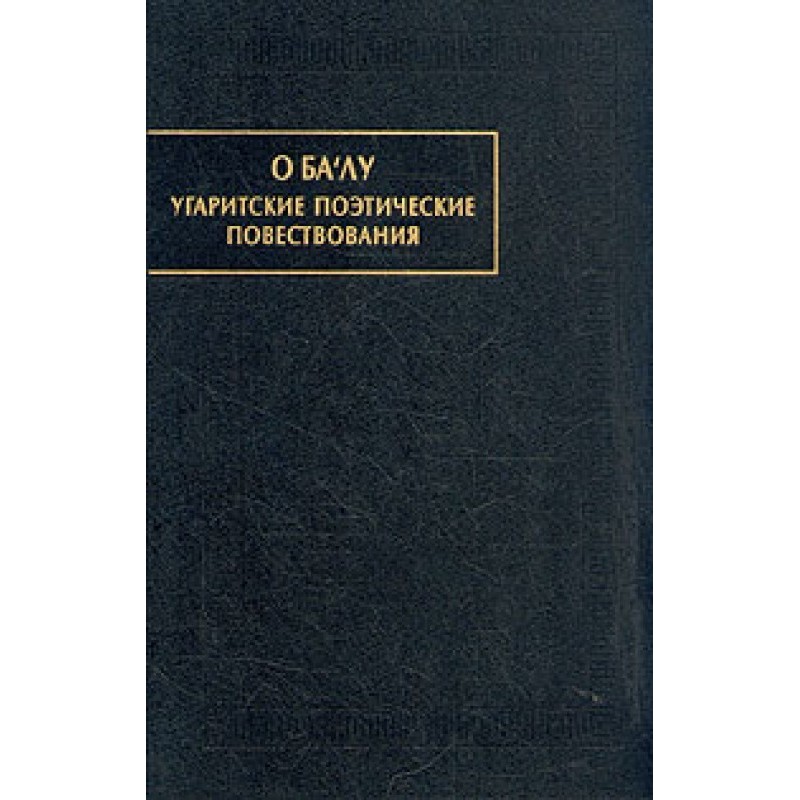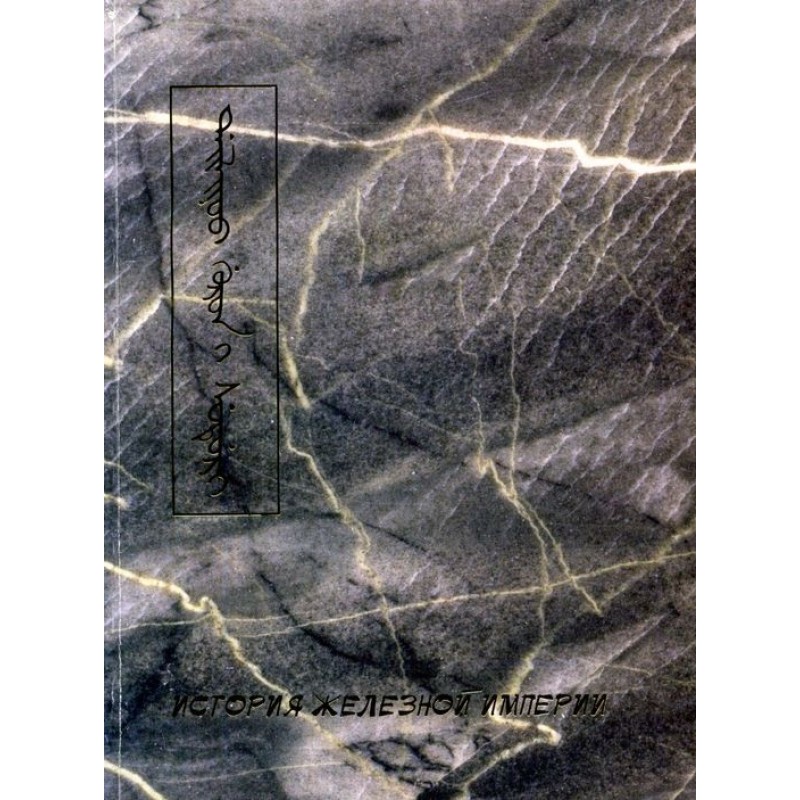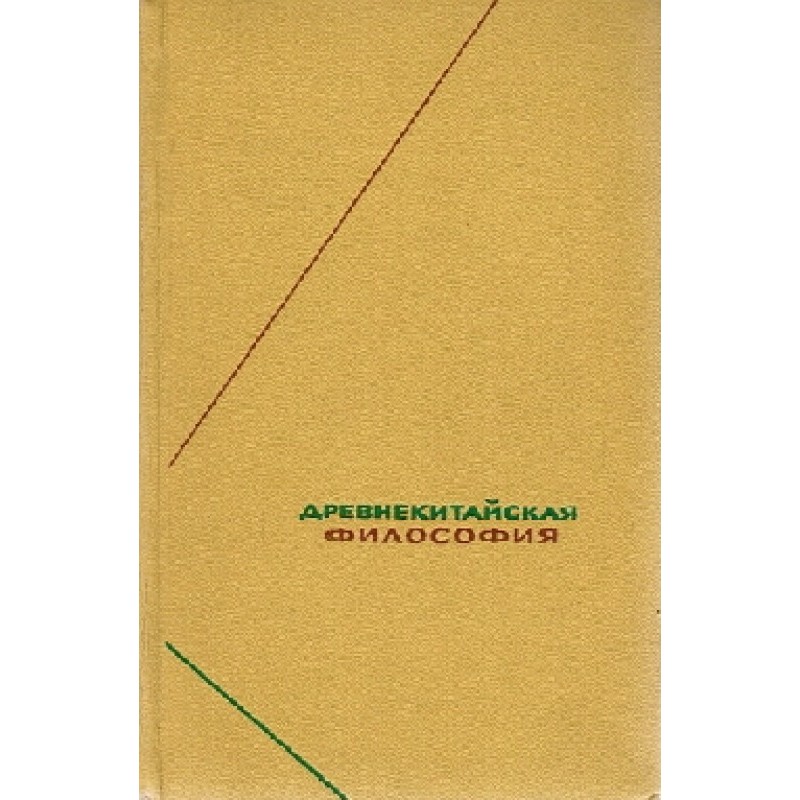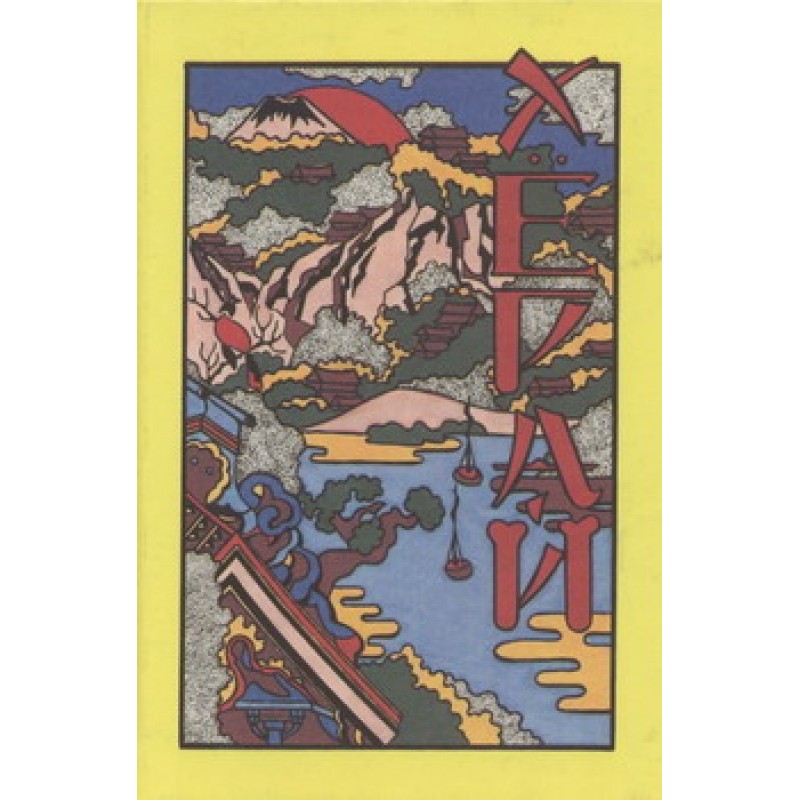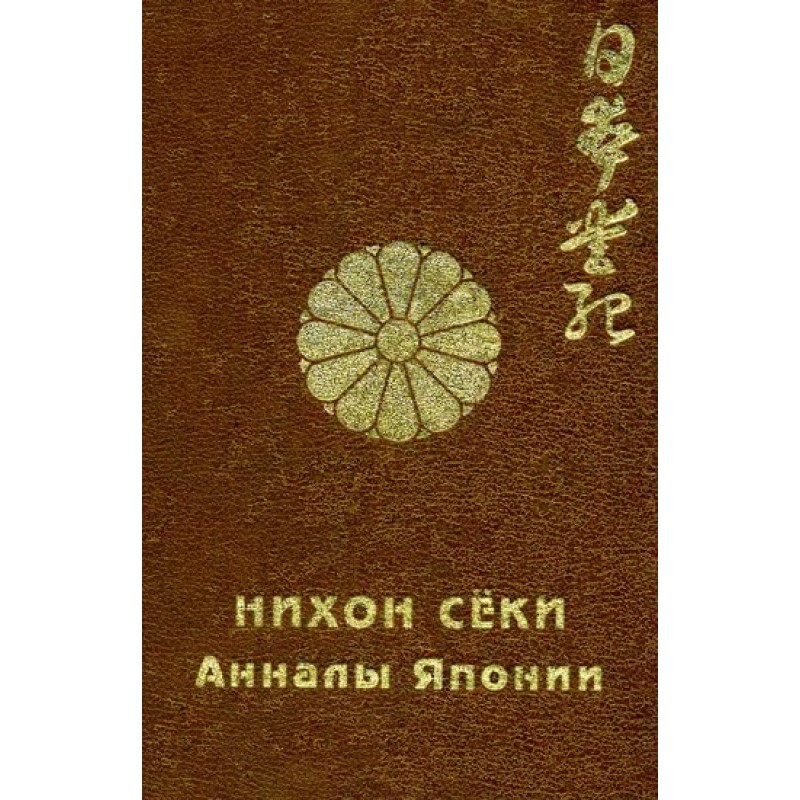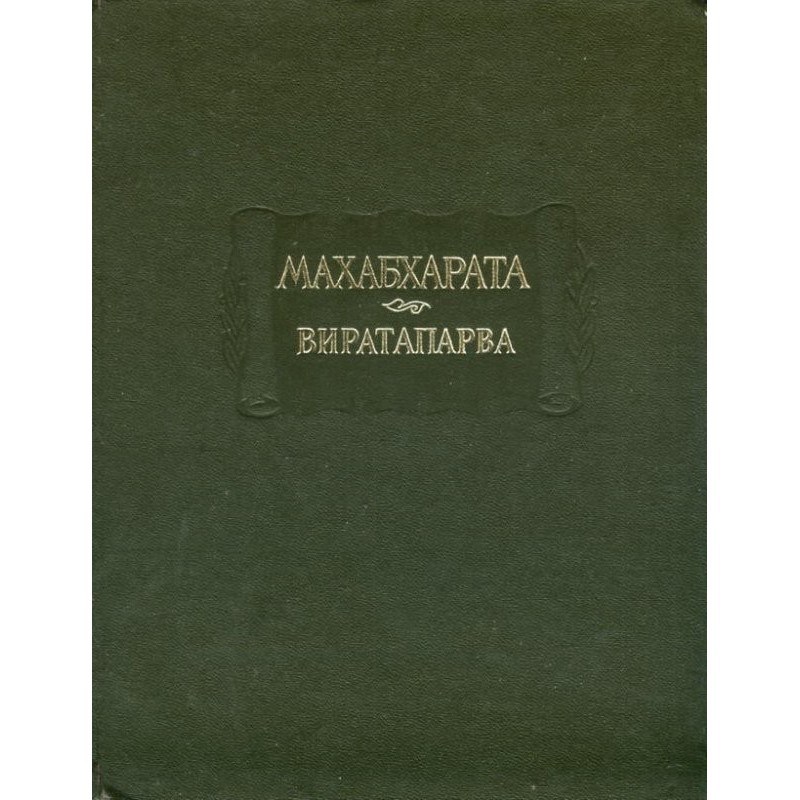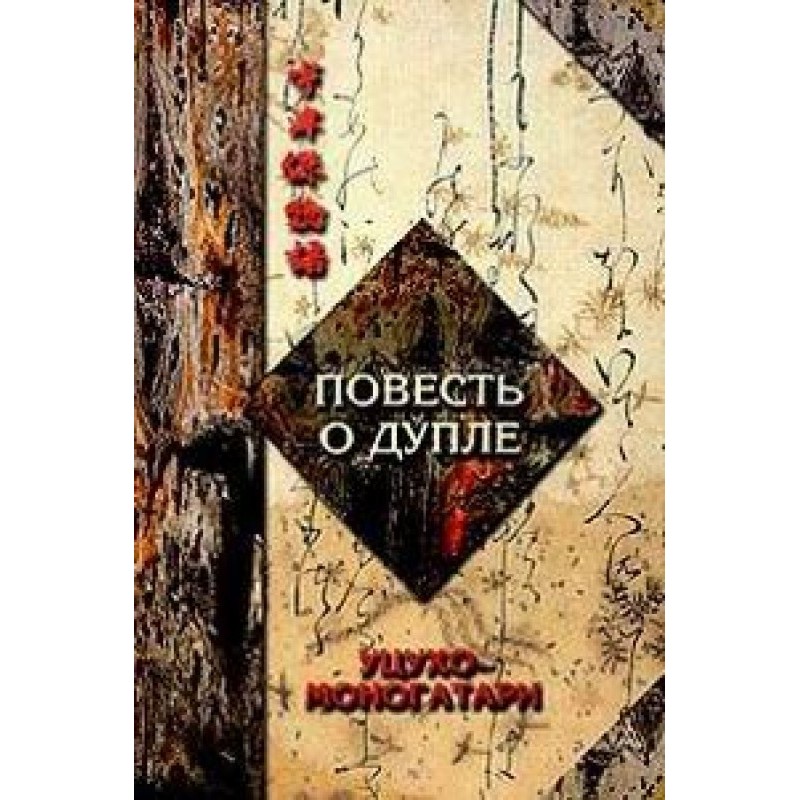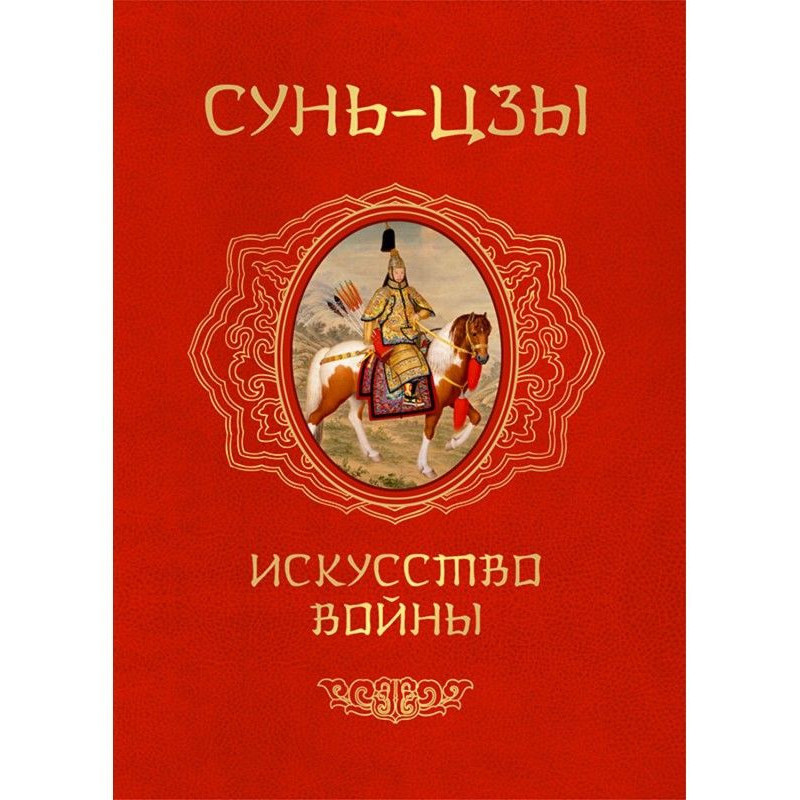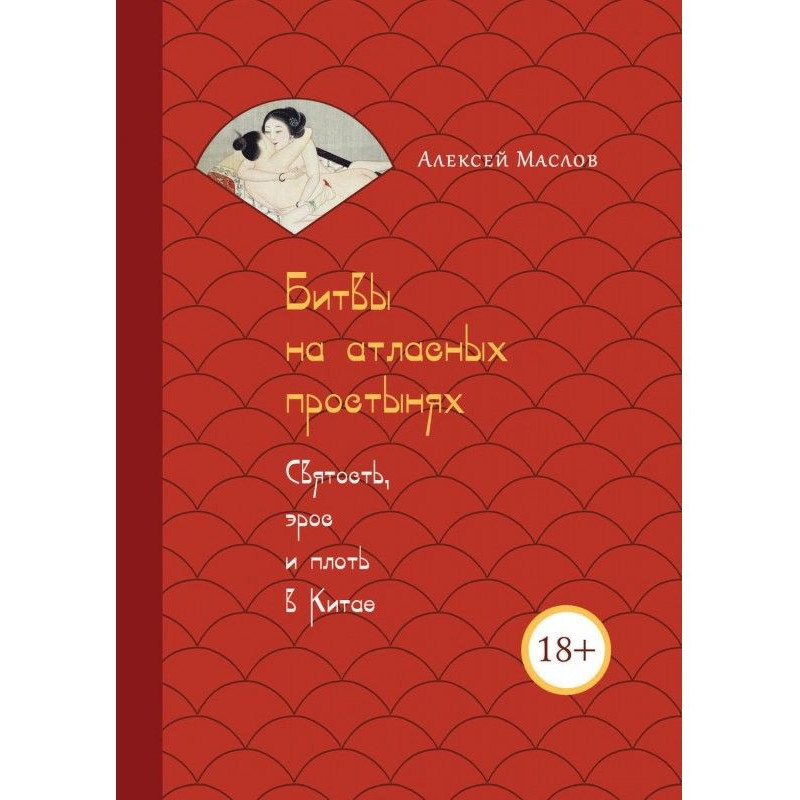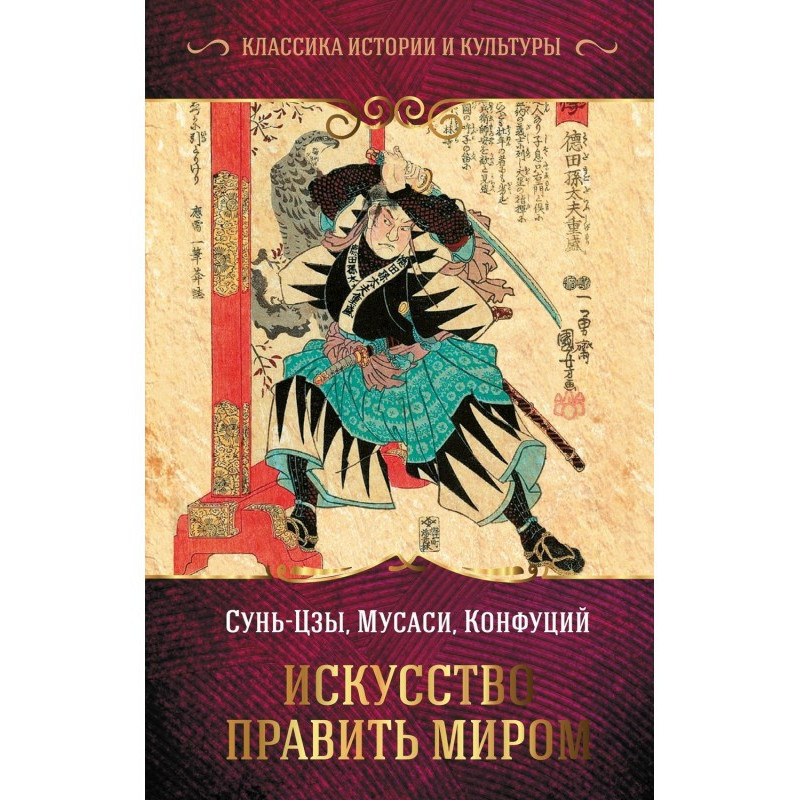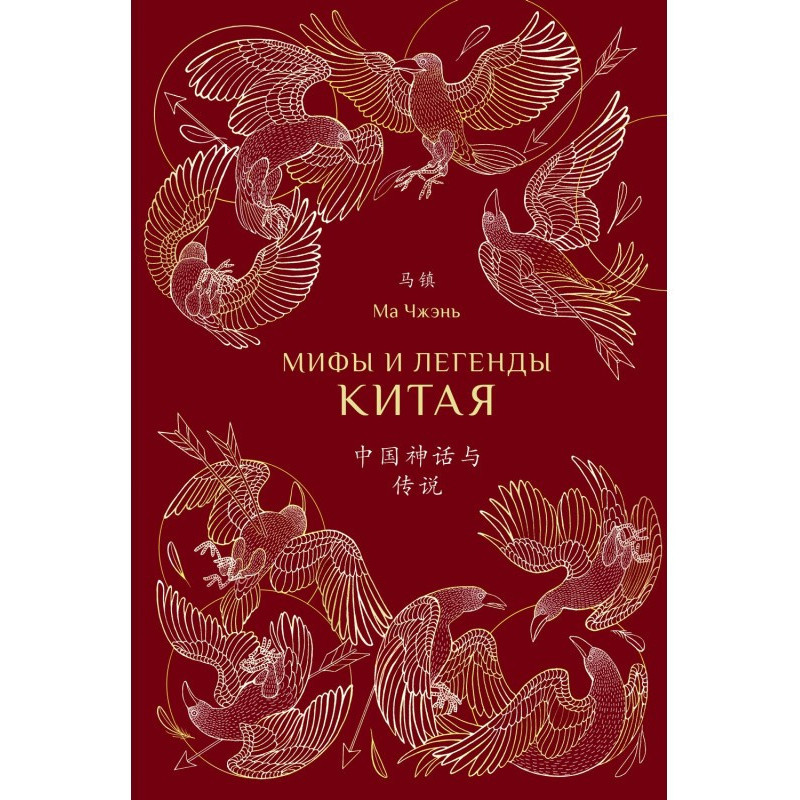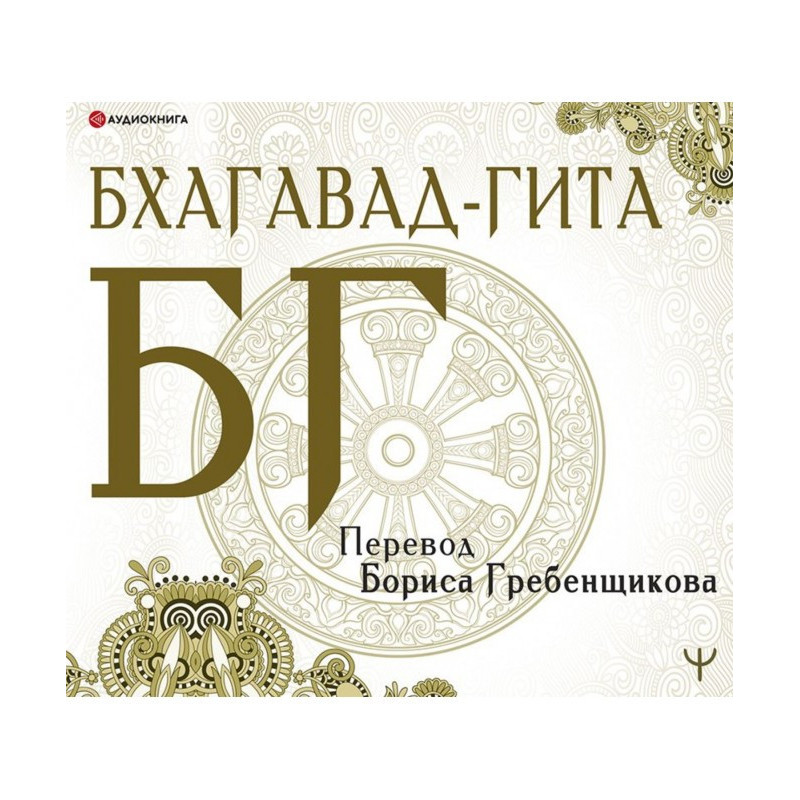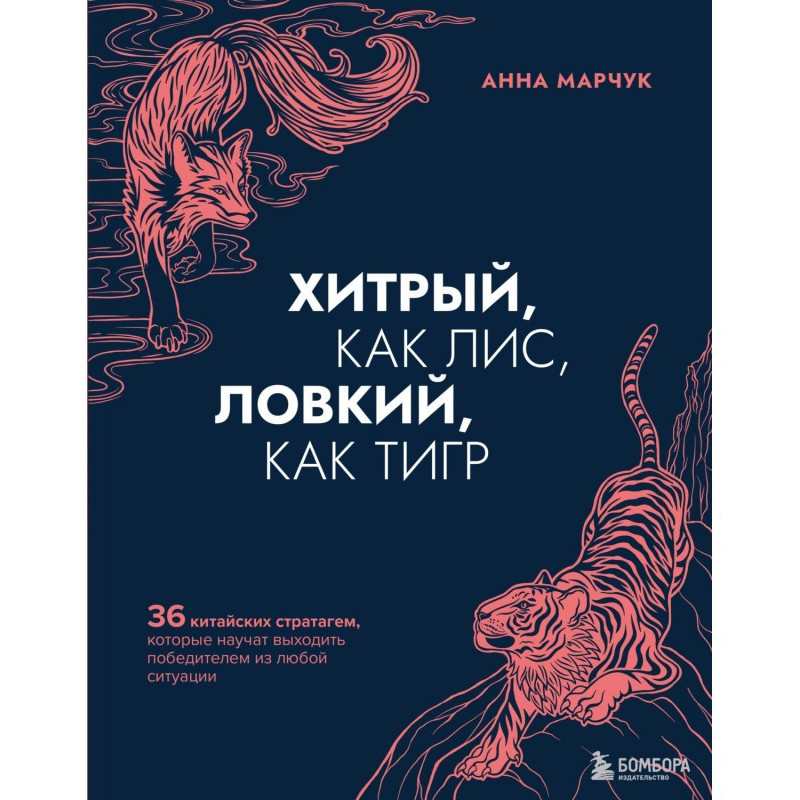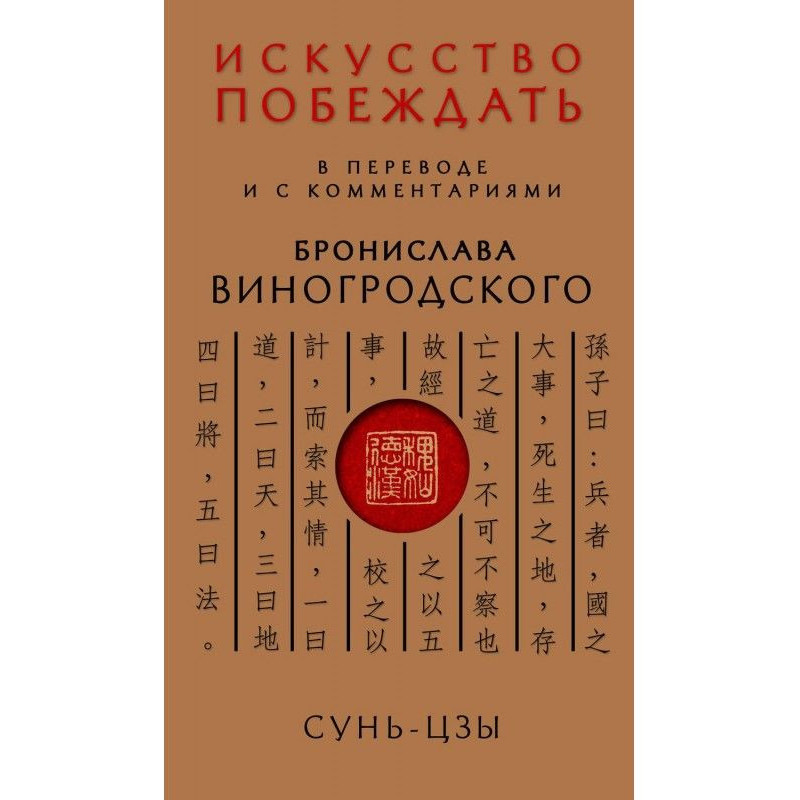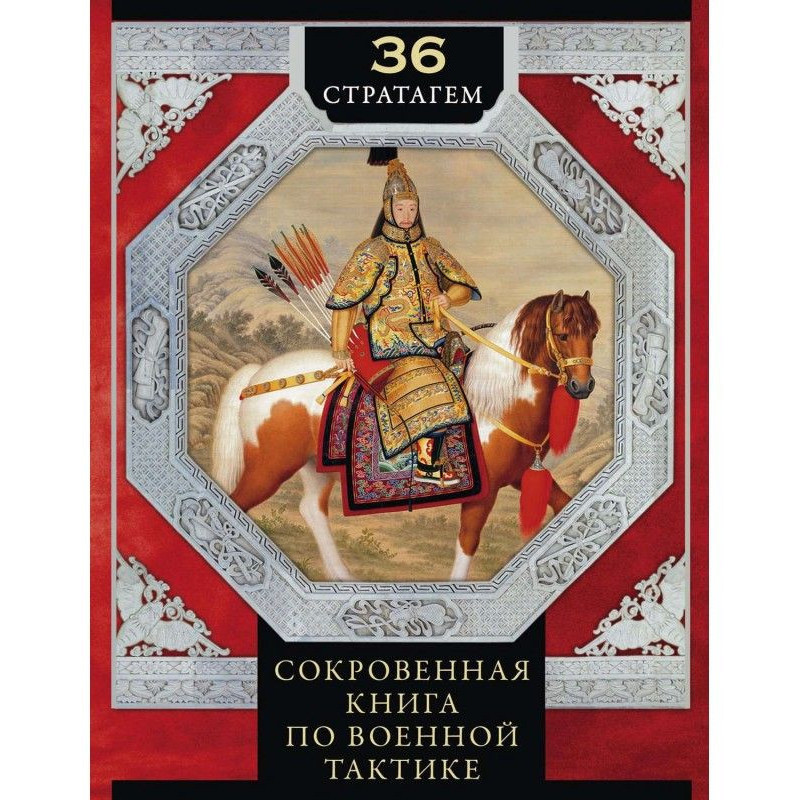Avesta. Law against devas (Videvdat)
 Instant download
Instant download
after payment (24/7)
 Wide range of formats
Wide range of formats
(for all gadgets)
 Full book
Full book
(including for Apple and Android)
Videvdat, one of the most fully preserved texts of the Avesta, is of significant interest for understanding the religious, legal and political ideas of the ancient cultures of Central Asia and Iran. This edition contains the first complete translation of this written source into Russian, adapted for the general reader and provided with an introductory article and comments. CONTENTS: Introduction 10I. The Avestan canon and the history of its formation 10II. Videvdat as a literary monument 18Time and place of composition 18Videvdat in the early Middle Ages 22Structure and some features of style 25Study and translation of Videvdat 28III. Videvdat as a monument of religious thought 33Videvdat in the structure of the Avesta 33Videvdat and non-Avestan religions of Central Asia and Iran.. 36IV. Videvdat as historical monument. Correlation between Avestan and Bactrian burial practices 40Archaeological materials on funerary structures in Central Asia and Iran 40Funeral practices in Northern Bactria 45Types of structures 46Funeral structure in Kampyrtepa 49V. Videvdat as a monument of legal thought 51Religious nature of law 52Legal texts of the Avesta 53Basic legal categories 54VI. Videvdat as a monument to ethical and philosophical thought. The problem of dualism 61VII. On the features and tasks of translation 64 “The Law against the Devas” (Videvdat) 66FRAGARD 1. Geographical poem 67FRAGARD 2. The myth of Yim 77I. Yima abandons the mission of the prophet and becomes a worldly ruler 77II. Yima expands the earth.. 79III. Yima builds Vault 81IV. Life in Var 84FRAGARD 3. Earth 86I. Five blessed places 86II. Five Unfavorables places 87III. Five people who bring the greatest joy to the earth 89IV. Punishment for desecration of land with remains 95FRAGARD 4. Treaties and crimes 97I. Sin of non-repayment of debt 971a. Types of contracts and penalties for their violation 97II. List of violent acts and punishments for them 100III. Three types of contracts 106IV. Taking an oath and the advantages of taking it 107IVa. Punishments for perjury 108FRAGARD 5. Laws of purification 110I. Absence of sin for desecration by corpse filth carried by living beings and natural elements 110II. Absence of sin in the good elements 113III. Preparation of temporary graves 115IV. Water circulation 117V. Praise of the Law against the Devas; about the duties of the priest-judge 118VI. Varying degrees of desecration from the corpses of various people and living beings according to decreasing 120VII. Punishment for bringing ritual objects into a house ahead of schedule where someone died 123VIII. Cleansing a woman after stillbirth. Prohibition of the use of her clothes 125FRAGARD 6. Laws of purification 129I. Cleansing a piece of land from corpse defilement 129II. Punishments for desecration of the land 131III. Purification of water from corpse defilement 132IV. Haoma cleansing 135V. Display of the dead and storage of bones 136FRAGARD 7. Laws of purification 139I. About the attack of the Corpse Demon and its expulsion 139II. Varying degrees of desecration from the corpses of various people and living beings in descending order 141III. Cleansing a bed in which someone has died 141IV. Desecration of remains 142V. Desecration of water and fire 143VI. Purification of defiled wood and grain 144VII. Instruction for doctors 147VIIa. Doctor's fee and preference of the priest over the healer 149VIII. Purification of the earth and the merit of removing the dakhma 150IX. Cleansing a woman after stillbirth. Punishment for desecrating water during purification 153X. Cleaning jugs 154XI. Cleaning a cow 156XII. Prohibition of libations made with contaminated water and performed at night 156FRAGARD 8. Funeral and purification; sin of sodomy 157I. Transfer of a corpse and fumigation of a home 157II. Temporary grave - kata 158III. Clearing the road along which the dead body was carried 162IV. Sin of covering a dead body 164V. The sin of sodomy 165VI. The sin of touching a corpse 168VII. Purification of those who touched the corpse together 169VIII. The Sin of Burning and Boiling 172IX. The merit of bringing fire to the Fire Temple is 173X. Purification of one who touches a corpse alone 176FRAGARD 9. Purification of Barshanum 178I. Preparing the place for cleansing 1781a. Sequence of ritual 180II. Bribe for cleansing 183III. Punishment for improper cleansing 185FRAGARD 10. Formulas pronounced during cleansing 187FRAGARD 11. Special formulas for cleansing 191FRAGARD 12. Mourning and its duration 196FRAGARD 13. Dog 199I. About two types of dogs 199II. Punishments for killing useful dogs 200III. Dog seat 202IV. Feeding the dog 204V. Measures taken in case of illness of a dog 206VI. Praise to the dog 208VII. Harm from mixed offspring from dogs and wolves 209VIII. Likening the character of a dog to the character of eight people 210IX. Prohibition of driving away dogs 211X. The posthumous fate of the dog's spirit; killing a water otter 212FRAGARD 14. Atonement for killing a water otter 213FRAGARD 15. On certain violations and obligations 220I. Five offenses that make a person a sinner 220II. On the sin of killing the fetus and obligations towards a pregnant woman 222III. On obligations regarding a dog ready to whelp 224IV. About caring for a dog 227FRAGARD 16. Laws on cleanliness during menstrual bleeding 228I. On the removal of a woman during the period of uncleanness 228II. About prolonged bleeding 231III. On the punishment of a man who had a relationship with a woman during the period of her uncleanness 232FRAGARD 17. Hair and nails 234I. Rules regarding cut hair and nails 234II. Sacrifice of nails 236FRAGARD 18. About other crimes 238I. About false priests and heretics 238II. About wakefulness, about the holiness of the Parodarsh bird 240III. Four Husbands of Lies 244IV. Sin of prostitution 249V. Atonement for adultery with a woman of easy virtue 251FRAGARD 19. Victory over the devas 253I. Zarathushtra defeats the devas 253II. Deities to be invoked 261III. Ritual for making a barsman 264IV. Cleansing contaminated clothing 264V. Posthumous retribution 266Va. Other Deities Worthy of Praise 270VI. The powerlessness of the devas 275FRAGARD 20. Trita, the first healer 276FRAGARD 21. Praising the Bull and invoking the waters 279I. Praise of the Bull 279II. Summoning the waters 279FRAGARD 22. Healing Ahura 283List of abbreviations 286List of used literature 287
Data sheet
- Name of the Author
- Автор Неизвестен Древневосточная литература --
- Language
- Russian
- Translator
- Эдвард Васильевич Ртвеладзе
Reviews
Важливий внесок у вивчення стародавньої культури
Книга "Авеста. Закон проти девів (Відевдат)" є неймовірно цінним джерелом для всіх, хто цікавиться історією, релігією та правом стародавніх культур Середньої Азії та Ірану. Переклад цього тексту на російську мову відкриває нові горизонти для ширшого кола читачів, які можуть ознайомитися з унікальними ідеями та концепціями, що сформувалися в ті часи. Відевдат не лише розкриває релігійні погляди, але й надає глибокий аналіз правових норм та етичних принципів, що діяли в суспільстві. Вступна стаття та коментарі допомагають краще зрозуміти контекст, в якому було написано це твір, а також його значення для сучасності. Ця книга стане незамінним посібником для дослідників, студентів та всіх, хто прагне глибше зануритися в історію та культуру давнього Ірану.

